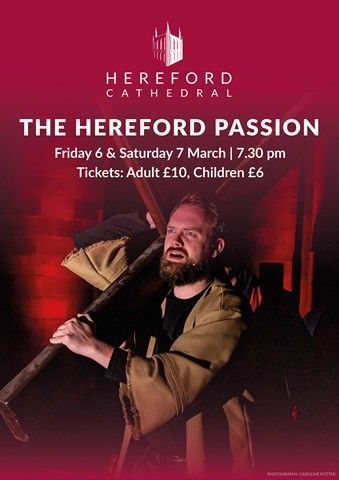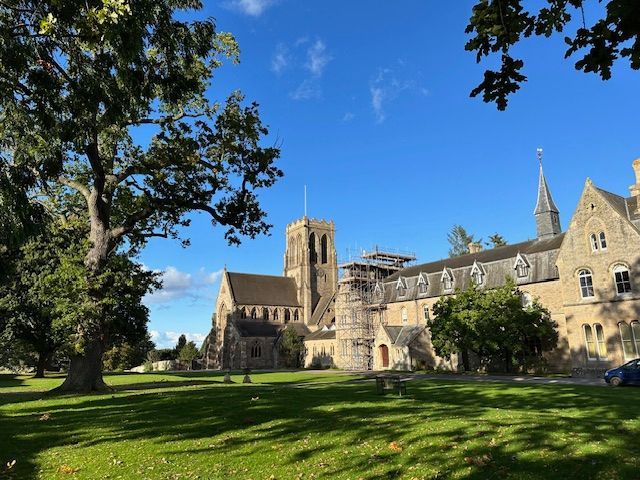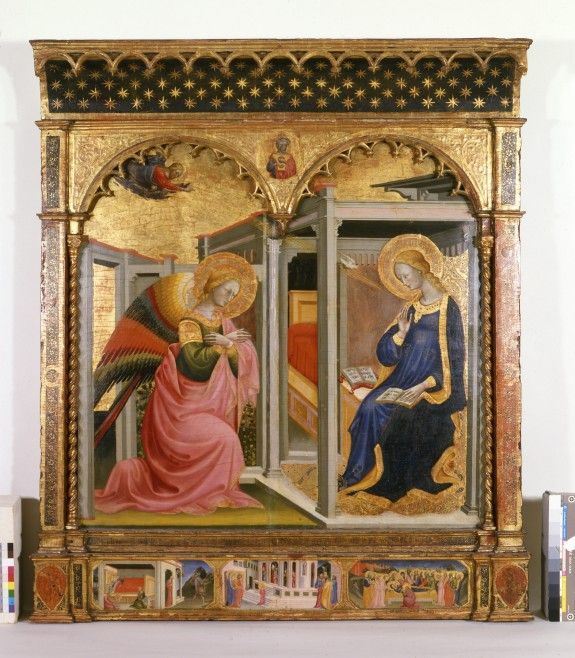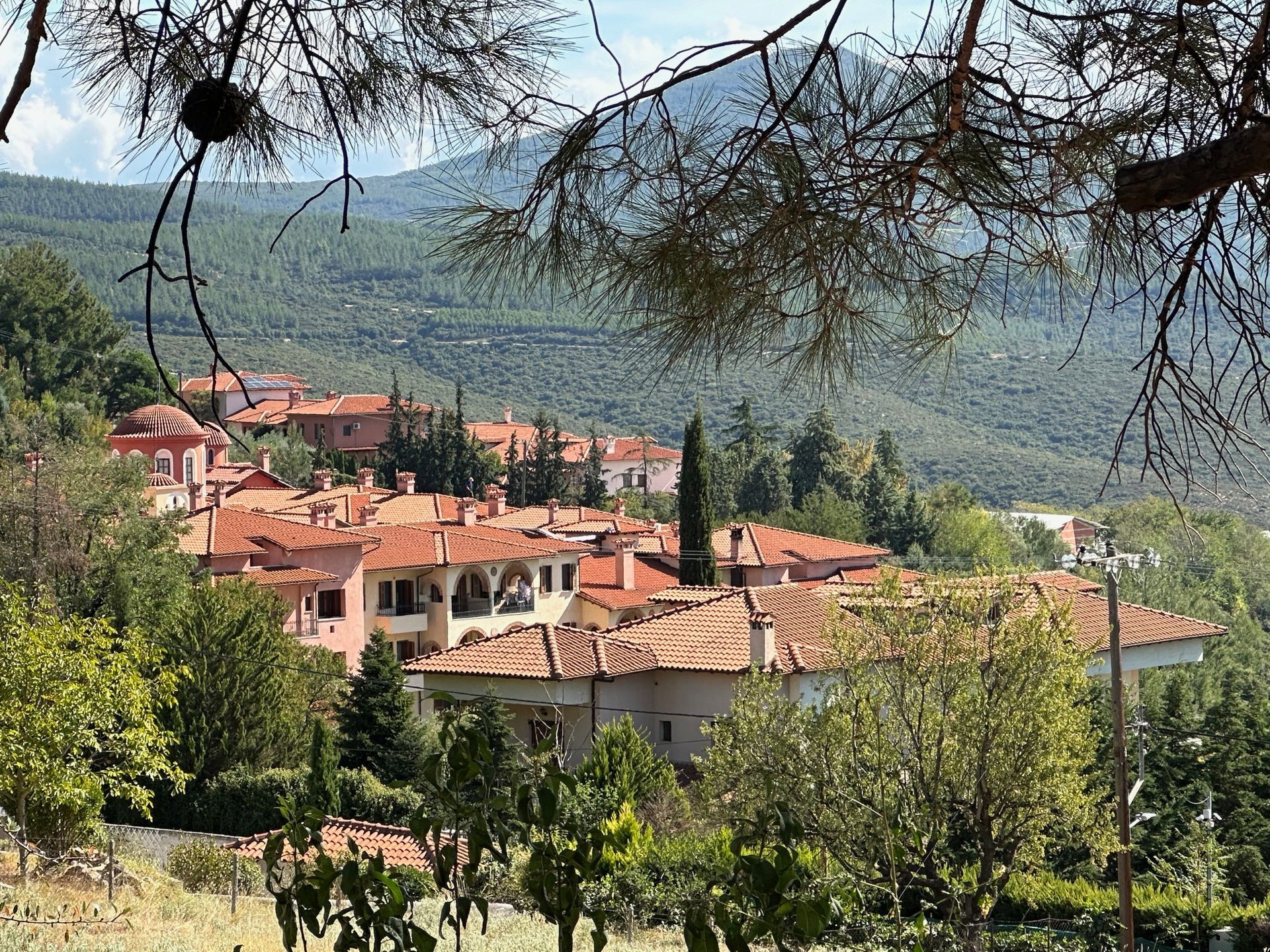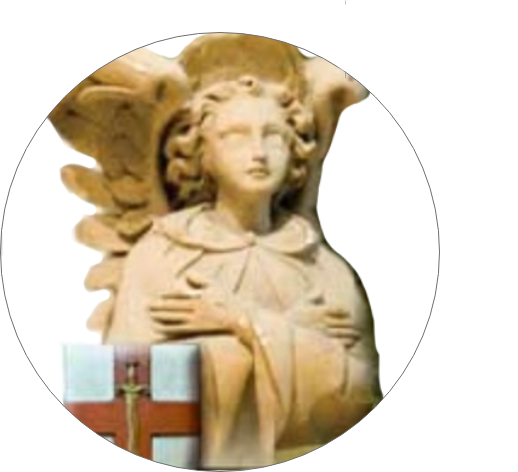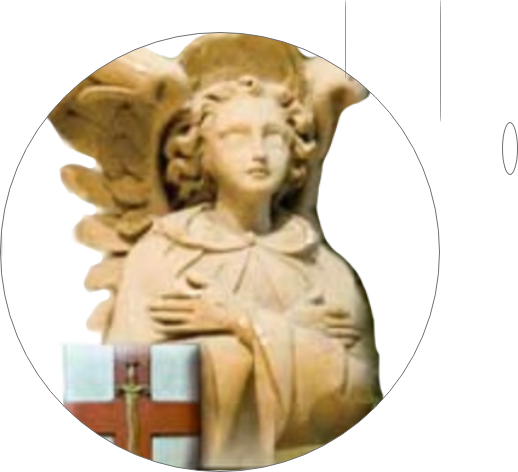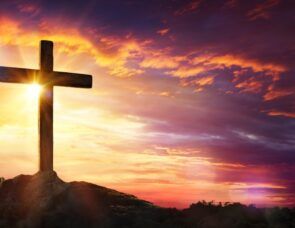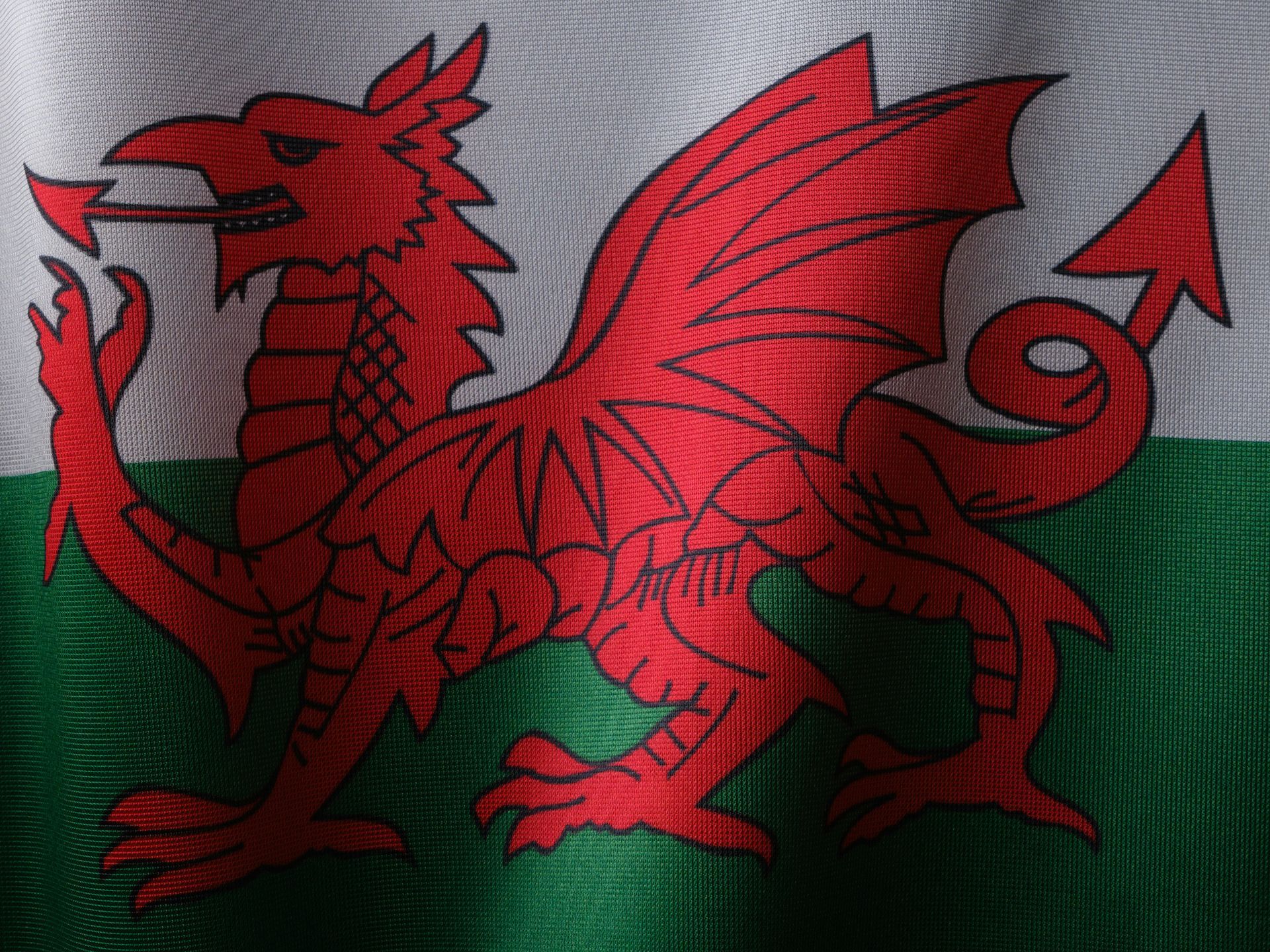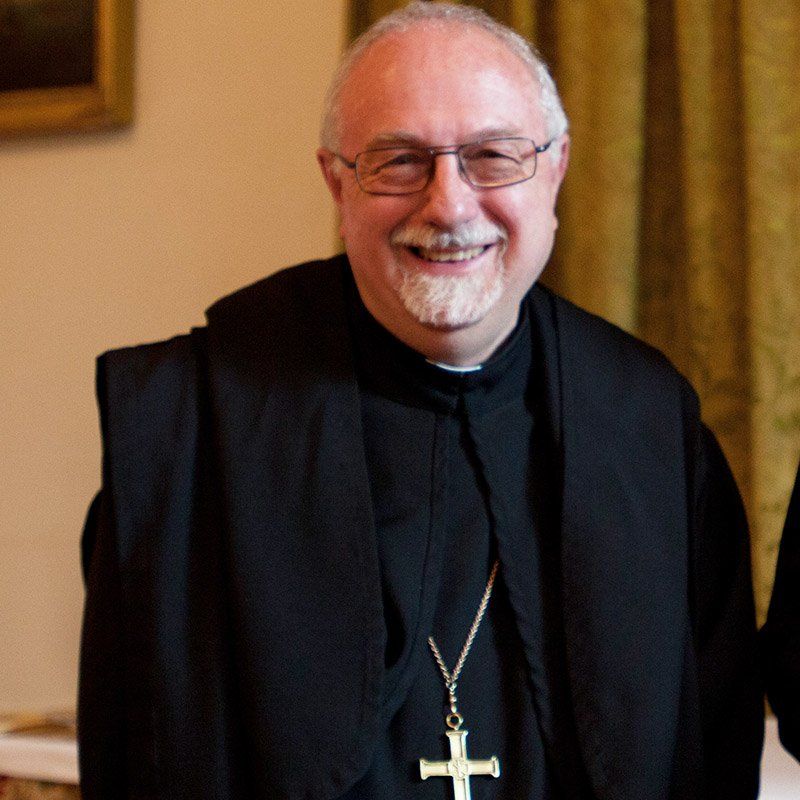Homily for the Funeral of Archbishop Peter Smith at St George’s Cathedral, Southwark on Monday, 30th March 2020
I imagine that Archbishop Peter has a wry smile on his face concerning the funeral liturgy we are celebrating for him today. With straightforward faith, and seasoned humanity, he never really enjoyed the pomp and limelight that can accompany ecclesiastical high office. No matter how splendid the occasion, Archbishop Peter maintained a ‘no fuss’ approach which, together with his gentle and good humoured shepherding, endeared him to so many people during his varied ministry as a priest and bishop.
Today, we offer to his family and friends – especially to Jim, his brother, and Linda, his sister in law, and his nephews, Richard and Alex - our deepest sympathy and condolences. Peter’s death took us all by surprise, coming just weeks after he first became unwell. Having retired last July, he was so looking forward to spring and to nurturing his new garden. It might seem to us that the Book of Wisdom has been proved true: the virtuous man, though he die before his time, has found rest. It is to another garden that we entrust our beloved brother, the garden of paradise, that ancient Persian word that speaks of a walled garden tendered by a king. Our faith-filled hope is that Christ, the King of Glory, will welcome Peter to His heavenly garden, and, by His resurrection, raise him up to eternal life.
So many people, both from within and beyond the Archdiocese of Southwark, desperately wanted to be here today to pray for Archbishop Peter. In normal circumstances, this Cathedral would have been full to overflowing with those who found in him a friend and a guide, a companion and a pastor. In their name we give thanks to Almighty God for the blessings we received though Archbishop Peter’s dedicated service. We few who gather now represent the countless individuals touched by his ministry spanning almost fifty years. With many of them, we will gather again, as soon as possible, for a memorial Mass to honour our much loved Emeritus Archbishop.
In recent weeks, there have been many fitting tributes and obituaries sketching Archbishop Peter’s outstanding contribution to the Catholic Church in England and Wales. His impressive media presence and compassionate articulation of the Church’s teaching communicated the inherent dignity of human life and the human person to a broad audience. His legal training, both civil and canonical, brought perceptive insight, with a no nonsense presentation of what was at stake. Without ever being condescending or dismissive, he inspired confidence in the truths of Catholic faith. As a smoker throughout his adult life, the meetings he chaired had a certain pace, always keeping the need for a ‘fresh air’ break firmly in view.
Born in Battersea, south west London, in 1943, Archbishop Peter was ordained a priest for the Archdiocese of Southwark on 5 July 1972. After parish ministry and further studies, he became a lecturer and then Rector at St John’s Seminary, Wonersh, where he spent over twenty years of his life. There, in the Seminary chapel where he prayed, high above the tabernacle, is a Latin quotation which translates ‘you have not chosen me, no I have chosen you.’ These words of the Lord Jesus would resonate time and again as he began and continued his episcopal ministry.
Archbishop Peter served as the Bishop of East Anglia, then the Archbishop of Cardiff, and, finally, as the Archbishop of Southwark, his home Diocese, which included a brief stint as the Apostolic Administrator of the Diocese of Arundel and Brighton. All these appointments speak, not only of his personal gifts and skills, but the esteem in which he was held by the Holy See and the Church in England and Wales.
Despite having been consistently thwarted in his desire to be a parish priest. Archbishop Peter’s priestly heart shone through his episcopal ministry. Always with Christ as his model, Archbishop Peter was trusted and competent, combining duty with service. Without ever seeking any of the assignments he was given, he sought to do the will of the one who had called him. When, as Bishop of East Anglia, he received a telephone call from the Apostolic Nuncio, the Nuncio asked ‘Where are you?’ ‘In Walsingham, ‘Archbishop Peter replied. ‘Good,’ said the Nuncio, ‘because Our Lady said yes!’ This was the preamble to his appointment as Archbishop of Cardiff.
As Archbishop Peter’s successor, two things in particular have struck me very powerfully in these weeks since his death. The first is the genuine simplicity with which he lived his priestly and episcopal ministry. There was nothing lavish about his lifestyle. He liked good, honest food, not too fancy, and a well-made gin and tonic. There was nothing of the ‘prince bishop’ about him, but everything of the servant shepherd.
Archbishop Peter recalled all his appointments with immense gratitude and the people he had met and served with great fondness. The ordinary warmth of his faithful discipleship dovetailed with the ability to put people at their ease. While he took his love for Christ and for the Church with the utmost significance, his personal lightness of outlook was joyous and engaging. When I went to see him at home in Whitstable, just before he was transferred to hospital, I asked ‘Is there anything you need.’ ‘Yes,’ he said, with that characteristic twinkle in his eyes, ‘a coffin!’
The second thing that has struck me has been the number of people who have been in touch to share with me their memory of Archbishop Peter. Some were impressed by an aspect of his leadership, or by how he dealt with a particular situation, or by his wise counsel. But most moving has been to hear from those for whom he made a crucial difference in ways that perhaps hardly anyone else ever knew. A family to whom he took hampers of food, the counselling for someone which he paid from his own pocket, the supportive ‘phone calls and personal charitable donations. If a person’s life is a mosaic of memories, then Archbishop Peter will be remembered, above all, for his instinctive kindness, flowing, as it did, from his love for Christ.
In the last days of his life, Archbishop Peter was looked after wonderfully at the Royal Marsden Hospital in Chelsea. With his appetite waning, his last meal was the unlikely combination of ice cream and Peroni beer. Visited by his family and friends, it is difficult to express adequately the devotion shown to him by his former Private Secretary, Fr Philip Glandfield, and the Director of the Archdiocese of Southwark Youth Service, Mr John Toryusen. Both of them stayed with him during his time in hospital, including through the night, praying, caring and keeping watch.
Towards the end of his life, Archbishop Peter drifted in and out of consciousness until he finally came to rest. When I imparted the Apostolic Pardon, and anointed him with the Oil of the Sick, his eyes remained closed with no external response. But taking his hand, he squeezed my fingers with such a firm grip. It told me that even then, towards his final hours, as it had been throughout life, faith in Christ was alive at the very core of his being.
‘Whoever comes to me,’ said the Lord Jesus, ‘I shall not turn him away.’ Peter, our brother, uncle, friend, priest, bishop and fellow disciple, believed, taught, and lived this truth to the end of his life. It is with sincere love, and profound thankfulness, that we return him to the Lord in the certain hope that He will raise him up on the last day.
Eternal rest grant unto him, O Lord
And let perpetual light shine upon him.
May he rest in peace and rise in glory. Amen
✠ John Wilson Archbishop of Southwark

